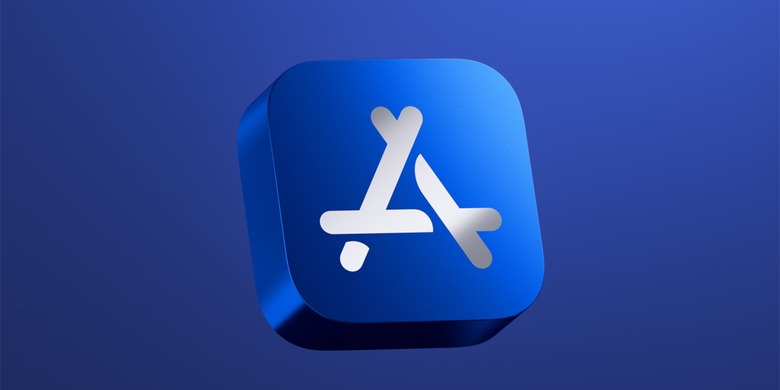iOS 17 Again Rumored To Support iPhone App Sideloading Due To EU Regulations
iOS 17 preview is just around the corner. While this update will feature some "nice-to-have" functions, it won't be as huge as iOS 16 was. That said, there's at least one major feature that could change how we use the iPhone, as iOS 17 is said to support app sideloading due to EU regulations.
In November 2022, Europe's new Digital Markets Act (DMA) technically entered into force, although it will only be fully applicable in early 2024. It includes a number of "do's and don'ts" for platforms. The first "do" is that the gatekeeper platforms must "allow third parties to inter-operate with the gatekeeper's own services in certain specific situations."
That said, Apple – and other companies – can't lock users with only one choice, meaning the firm must let users choose to sideload apps from other stores – such as it does on the Mac.
While Bloomberg's Mark Gurman already reported that Apple was "applying a significant amount of resources to the companywide endeavor" to enable sideloading, at least for the European Union countries, he has reinforced in his latest Power On newsletter that "Apple is working to overhaul the [iOS 17] software to open up the iPhone to sideloading."
Sideloading is just the beginning for iOS 17 and the iPhone
Allowing third-party app stores would be one of many changes Apple would make in order to comply with the Digital Markets Act. Other changes include opening more of its APIs to third-party apps, removing the requirement for third-party web browsers to use WebKit, and potentially allowing users to install third-party payment systems.
Apple is still deciding how to open up iMessage and the Messages app to third-party services. Gurman reports that integrating Google's RCS protocol isn't currently in the offing. Apple is also considering opening its Find My network to third-party accessories, like Tile.
We'll discover more about these changes during the WWDC 2023 keynote. BGR will bring all the details as soon as we learn more about them.
